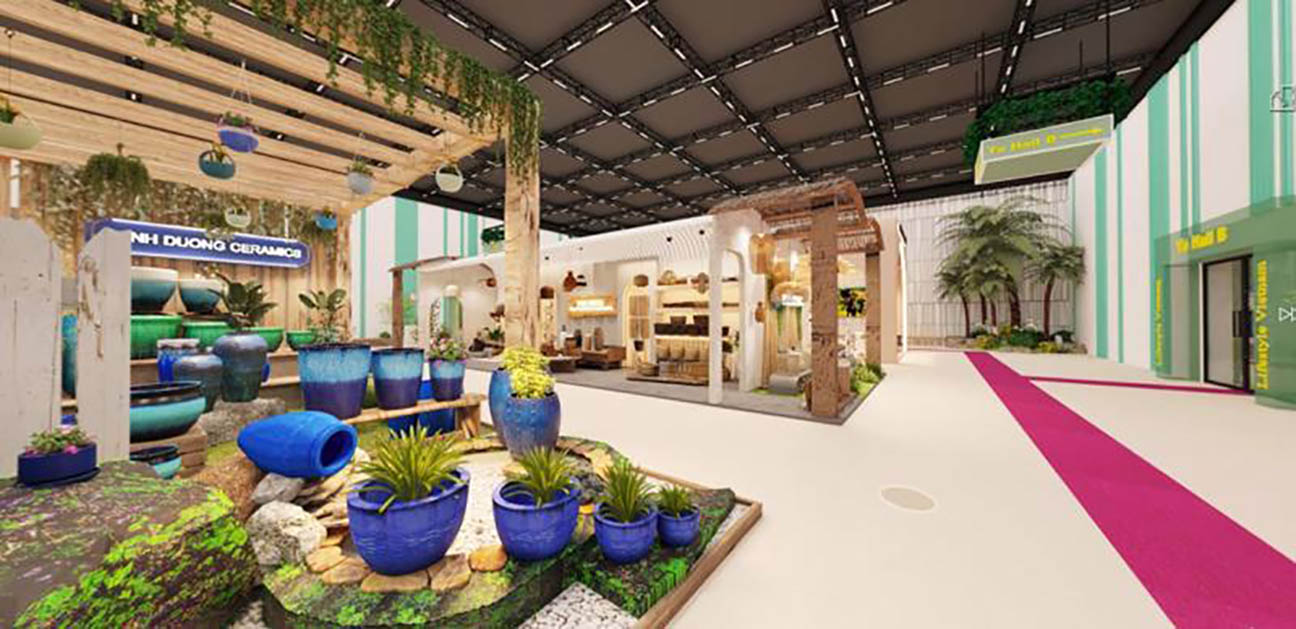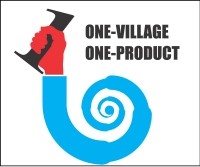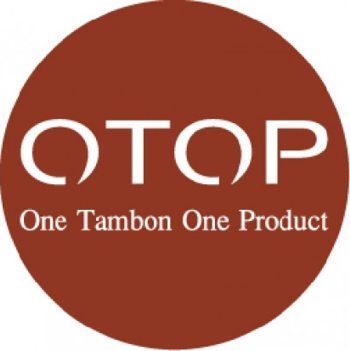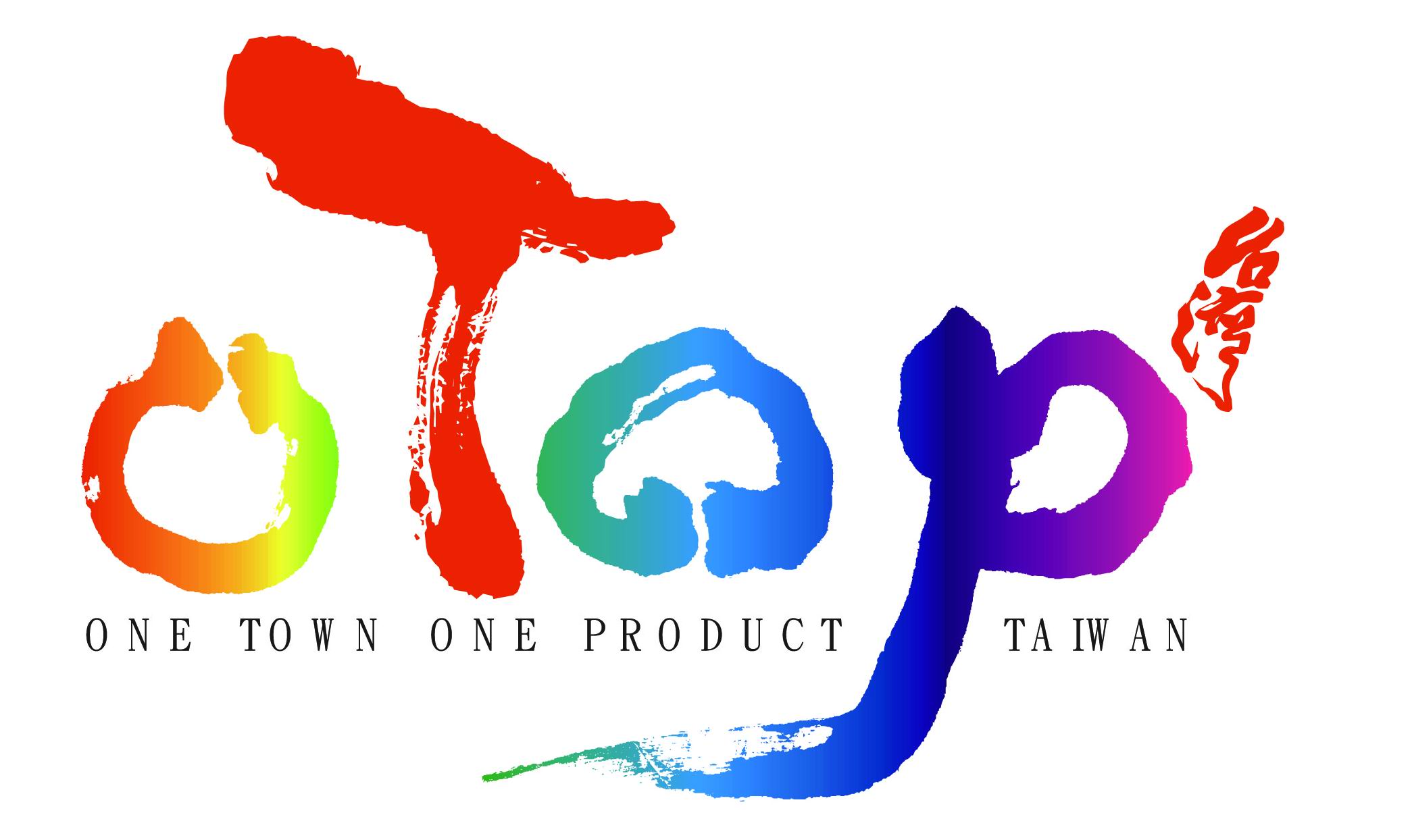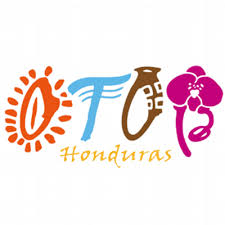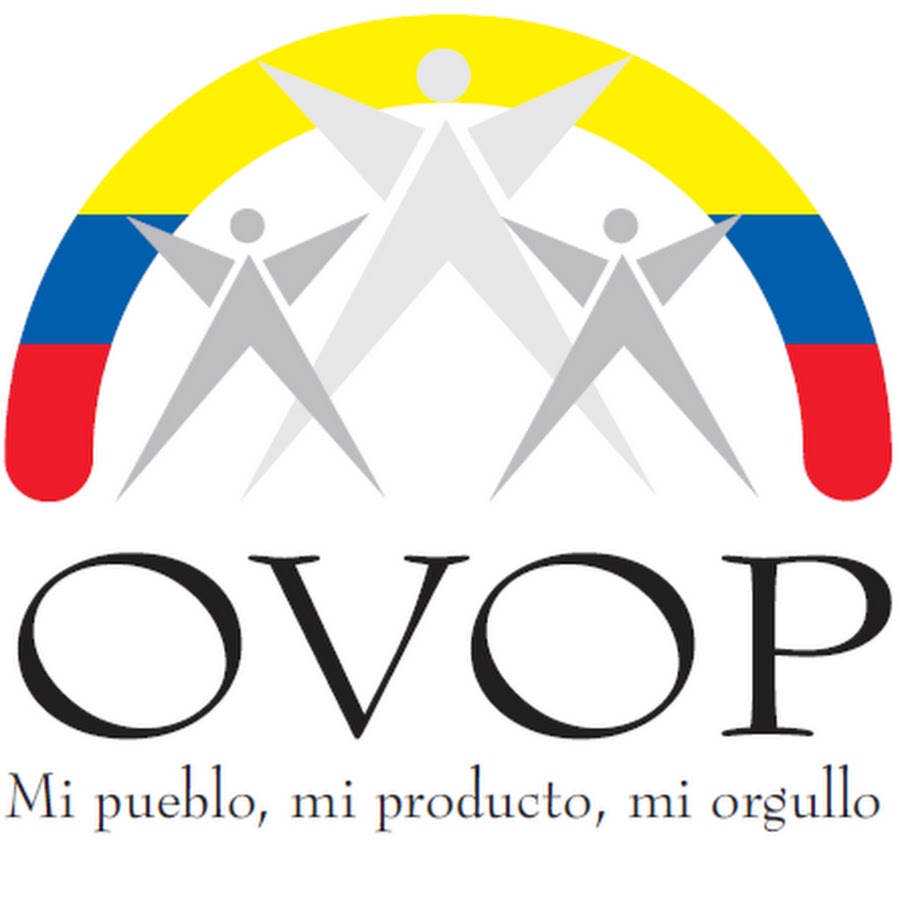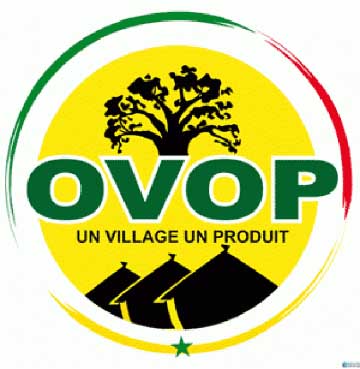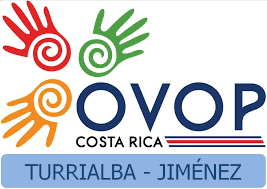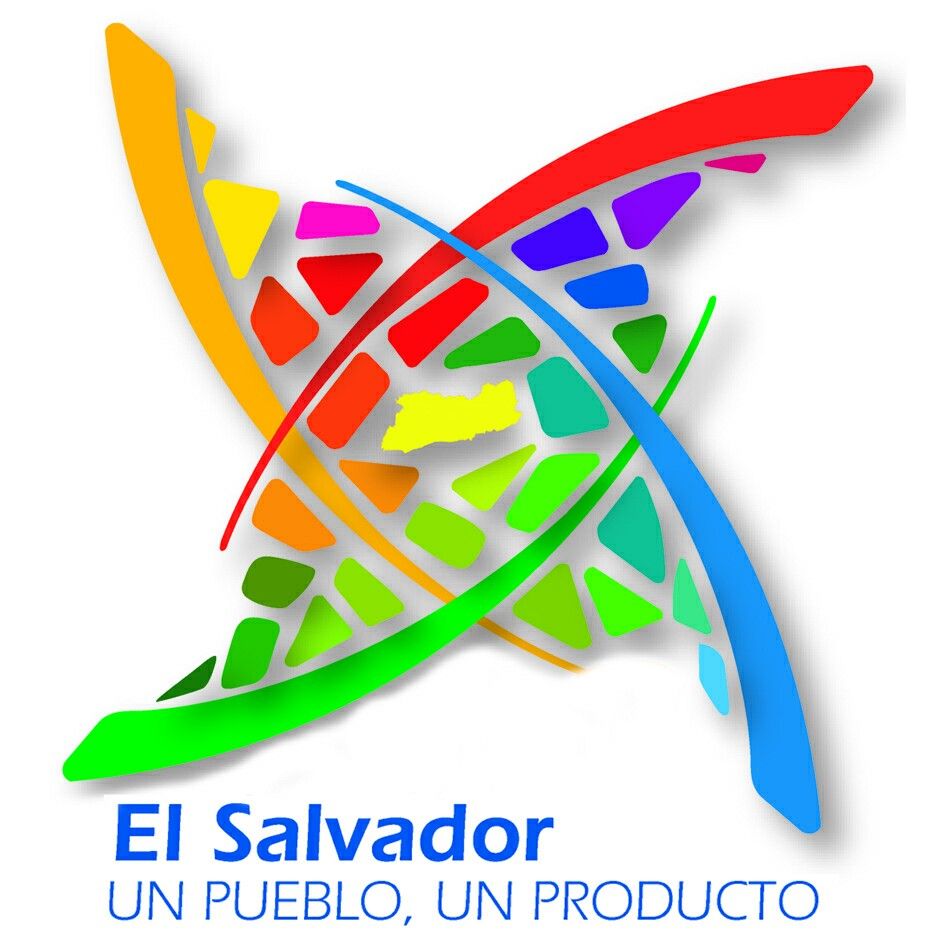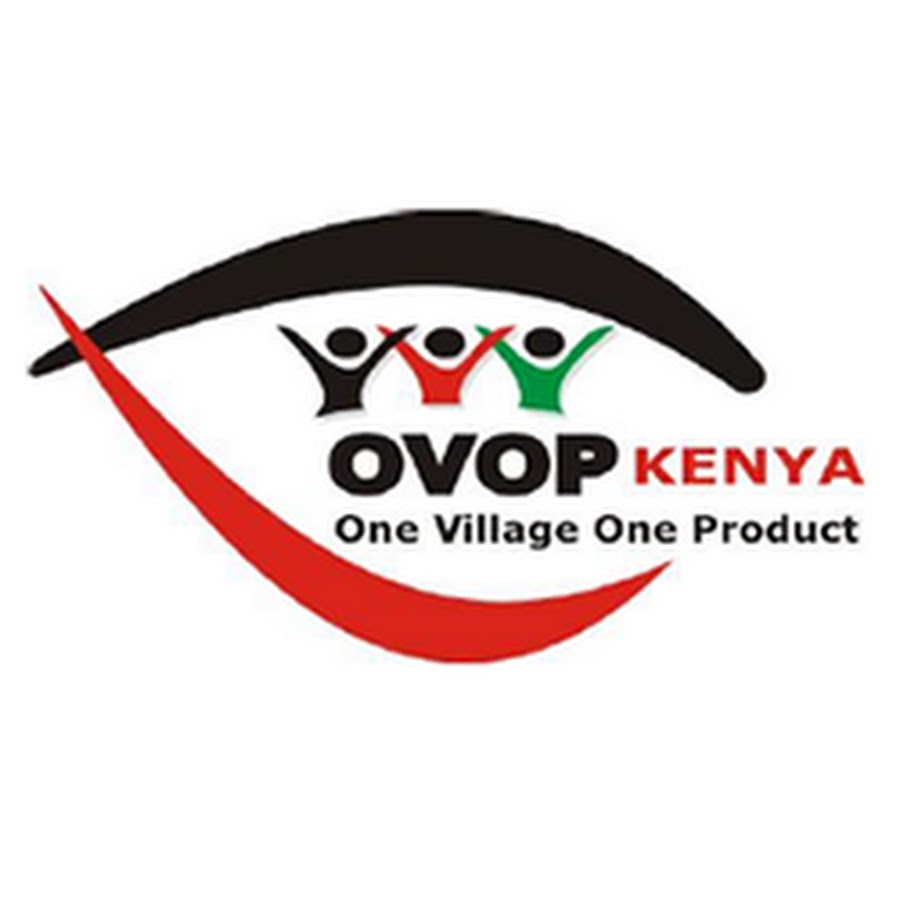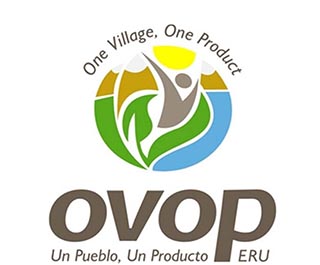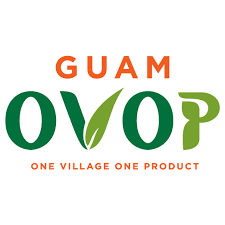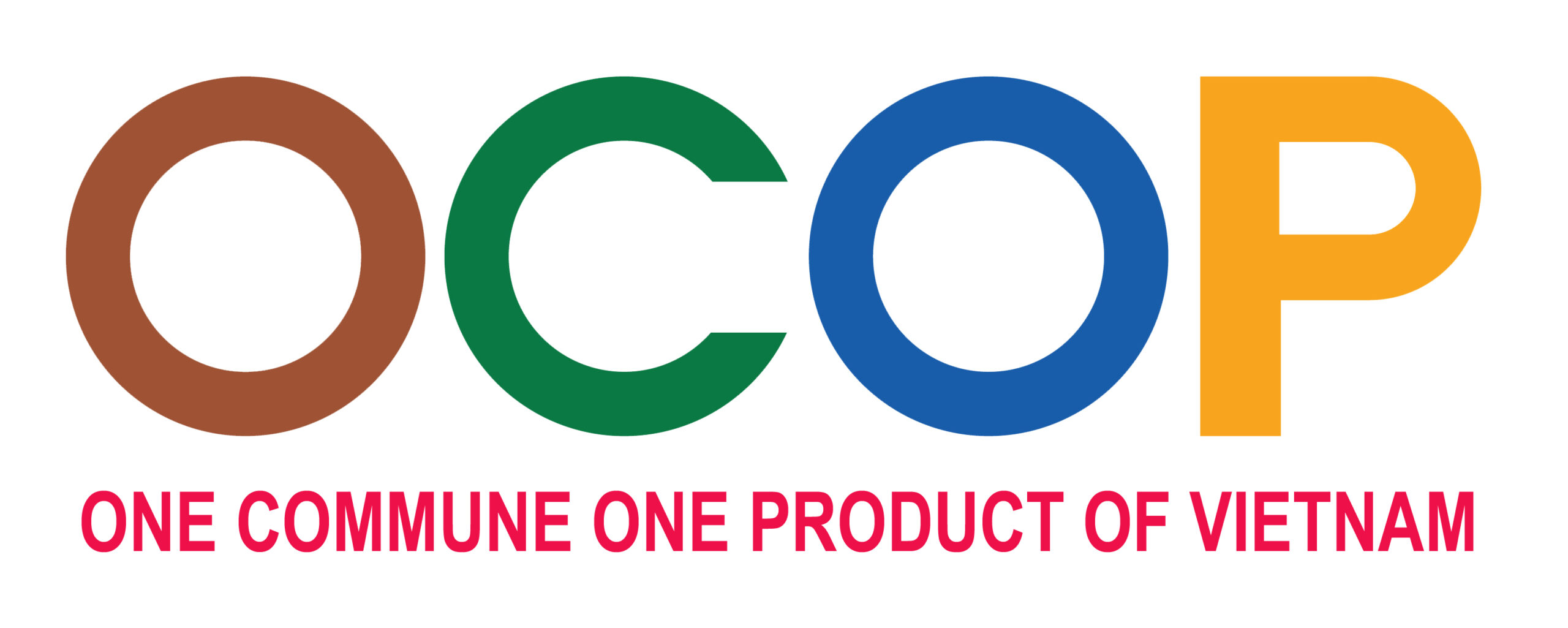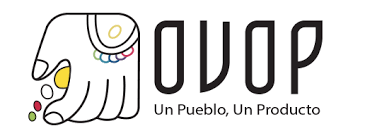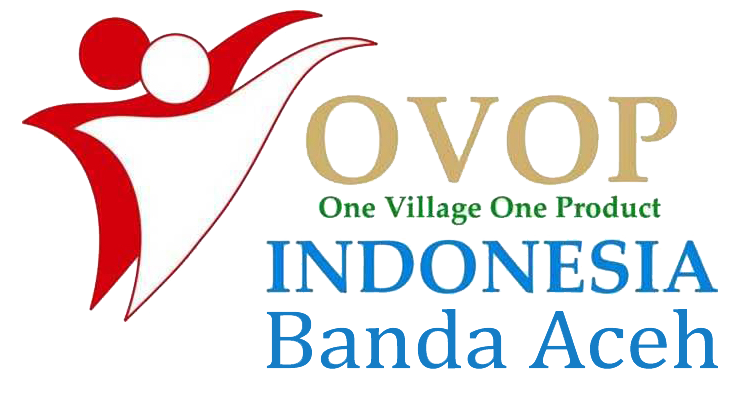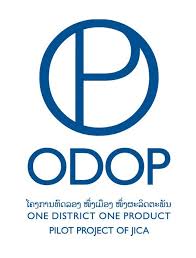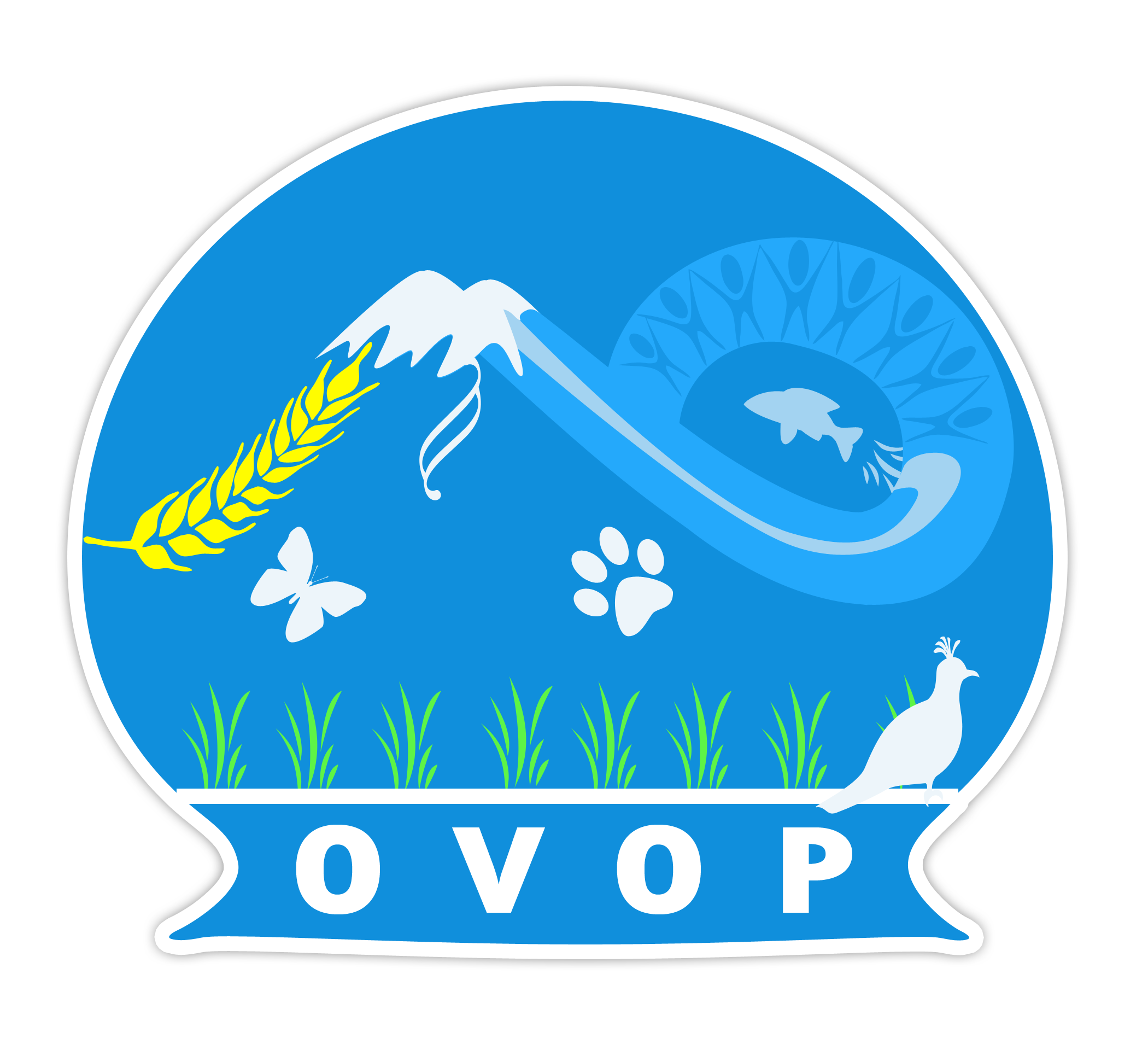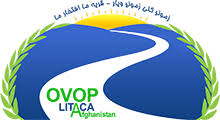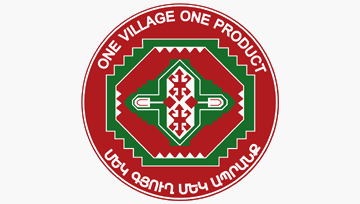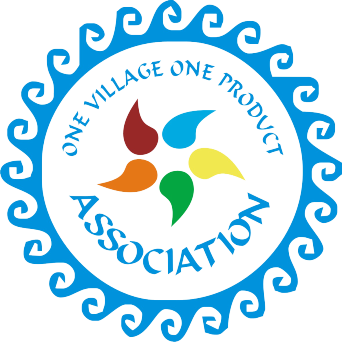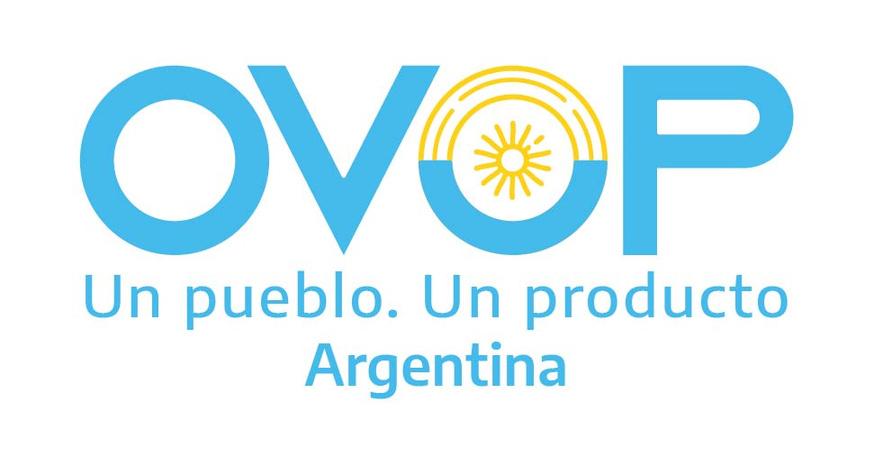According to the Global Association of the Exhibition Industry (UFI) in 2018, there are nearly 32,000 trade show fairs held around the world, attracting 303 million visitors. However, due to the COVID epidemic, almost all plans to organize a trade fair have to be stopped. Travel restrictions and ban on outdoor crowd gatherings are the biggest hurdles for trade fairs and organizers around the world have been focusing on shifting to virtual fair space to help companies connect with customers.
The China Import and Export Fair (Canton Fair), one of the largest in the world, has applied the virtual fair since this year and attracted more than 20,000 companies exhibiting goods and services from from machinery manufacturers to home appliances as well as trading companies. Meanwhile, Hannover Messe, one of the world's largest annual international technology fairs in Hannover (Germany), was canceled in April due to the Covid-19 epidemic still spreading strongly in Germany, instead, the organizers will host the event online starting July 14th. In Japan, the Combination of Advanced Technologies (Ceatec) - Japan's largest consumer electronics exhibition and the Tokyo Game Exhibition (TGS) will also switch to online platform. In India, the Virtual Healthcare & Hygiene Expo 2020 in virtual / cloud environment is organized by the Federation of Chambers of Commerce and Industry (FICCI) under the Patronage of the Ministry of Traditional Indian Ethnic Medicine took place from June 22-26, 2020.
In the US, Covid is still contagious on a large scale and the annual Magic Fair for the garment and fashion industry from September 30 to October 2, 2020 at the Las Vegas International Convention Center with the participation of The year of 26,000 customers also had to pause and switch to the Magic Online virtual fair with 3D booths, providing opportunities to connect 24/7 with manufacturers and suppliers around the world. It maintained its presence in the US market during the Covid era. For the handicraft, gift and home decoration industries, the famous Maison et Objet in Paris had to be canceled and the organizers are also building up a virtual/digital fair to serve exhibitors and customers.
Given the importance of a Fair in trade promotion, it can be expected that all fair organizers will soon have different online fair tools to attract customers and minimize unforeseen risks like Covid 19. When deeply analyzing the current virtual fairs in the world, it can be seen that most of the fairs apply virtual reality (VR) technologies, 360-degree image technology, online communication tool (chat, video)… besides the common functions of a fair are booth reservations or trade registration at the fair. Some major fairs take advantage of their large database to apply artificial intelligence technology through chatbots (a program that combines with artificial intelligence to interact with people for staff to advise or answer customers’ questions, Chatbot often communicates with users via text or audio). It is observable that the common limitation of current virtual fairs is that the aesthetics have not been respected, especially the pavilion architectural spaces with regional/national cultural elements, no virtual fair brings augmented reality (AR) applications but only virtual reality (VR) technology, so the fair's attractiveness is not high, lack of interaction and product perception, especially fairs are related to fashion, home decorations and gifts, so it will limit the number of visitors.
One of the predicted reasons is that the cost of building virtual 3D spaces is not cheap, especially when the booth has many product categories, the digital cost is also high when most businesses cannot implement 3D scanning themselves and digitize before the application of virtual reality technology. In addition, the technology/transmission infrastructure is an obstacle to the development of a professional virtual fair system. A high speed (broadband) connection is required to be able to operate/move to the booths as well as to view each product in the fastest / lowest latency.
Currently, no virtual fairs in Vietnam have been built, but the Vietnam Handicraft Exporters Association (Vietcraft) has recognized the importance of this platform and commenced to build a virtual fair space for Vietnamese home decorations and gifts. They have been studying the current virtual fairs in the world to ensure the full use of the preeminent functions of the existing fairs, create new functions to increase the attractiveness and furthermore ensuring the update in the coming years
The goal of "Lifestyle Vietnam virtual fair space" is to establish the infrastructure to organize a virtual fair with at least 1,000 booths of products from home decoration and gift industries by 2025. The immediate goal is to complete the online pavilions of 100 exporters by 2020 and to complete the online booths of 300 exporters by 2021. Space Lifestyle Vietnam virtual fair will also be the first virtual fair in the world in the field of home decoration and gifts applying the achievements of industrial revolution 4.0, especially augmented reality technology and intelligent artificial intelligence.






